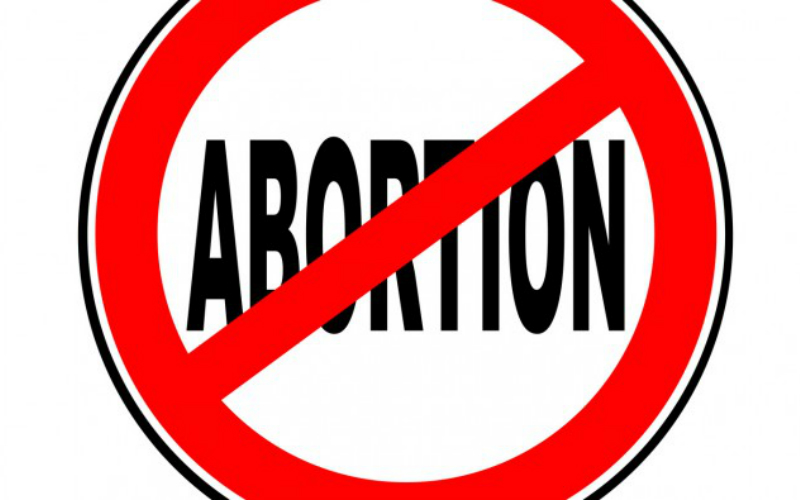Legal challenges against the Texas heartbeat law, which forbids an abortion if a baby's heartbeat can be detected, have involved federal and state courts. The latest development is the U.S. 5th Circuit Court of Appeals which sent the case to the Texas Supreme Court over the law’s allowance for private citizens to sue an abortionist who violates the law.
Dr. John Seago of Texas Right to Life says the legal fight is over the legal authority of the Texas medical boards to enforce the state law. That “clearly” is not the intent of the law, he insists.
“And the State of Texas is arguing that they don't have authority,” Seago explains, “and if that's true then the case needs to get dismissed.”
If the state’s highest court rules the state medical boards don’t have authority, Seago advises, then the abortion industry will lose its fight to stop the law.
In the little town of Seaford, Delaware, Mayor David Genshaw tells AFN the city council angered the abortion-supporting state attorney general after it passed an ordinance that requires the burial or cremation of fetal remains from abortion. Attorney General Kathy Jennings is now suing the town to stop the ordinance from being enforced.
According to a Live Action story about the legal fight, Jennings gave away her views when she told The Hill the town was following a “wave of anti-abortion policies funded by extremists.”
Seaford, a town of 7,000, has little financial means to fight its state attorney general and has therefore attempted to work out a compromise. The attorney general refused and now Mayor Genshaw says citizens are willing to fund a legal defense out of their own pockets.
“It’s become something that they wanted to see go to the courts,” he says of abortion supporters, including Attorney General Jennings, “and that’s the path we’re on right now.”














